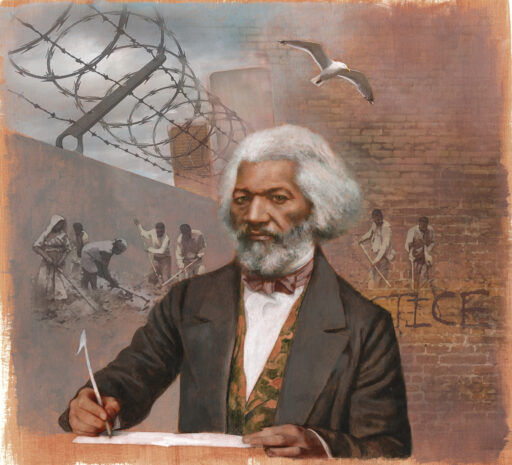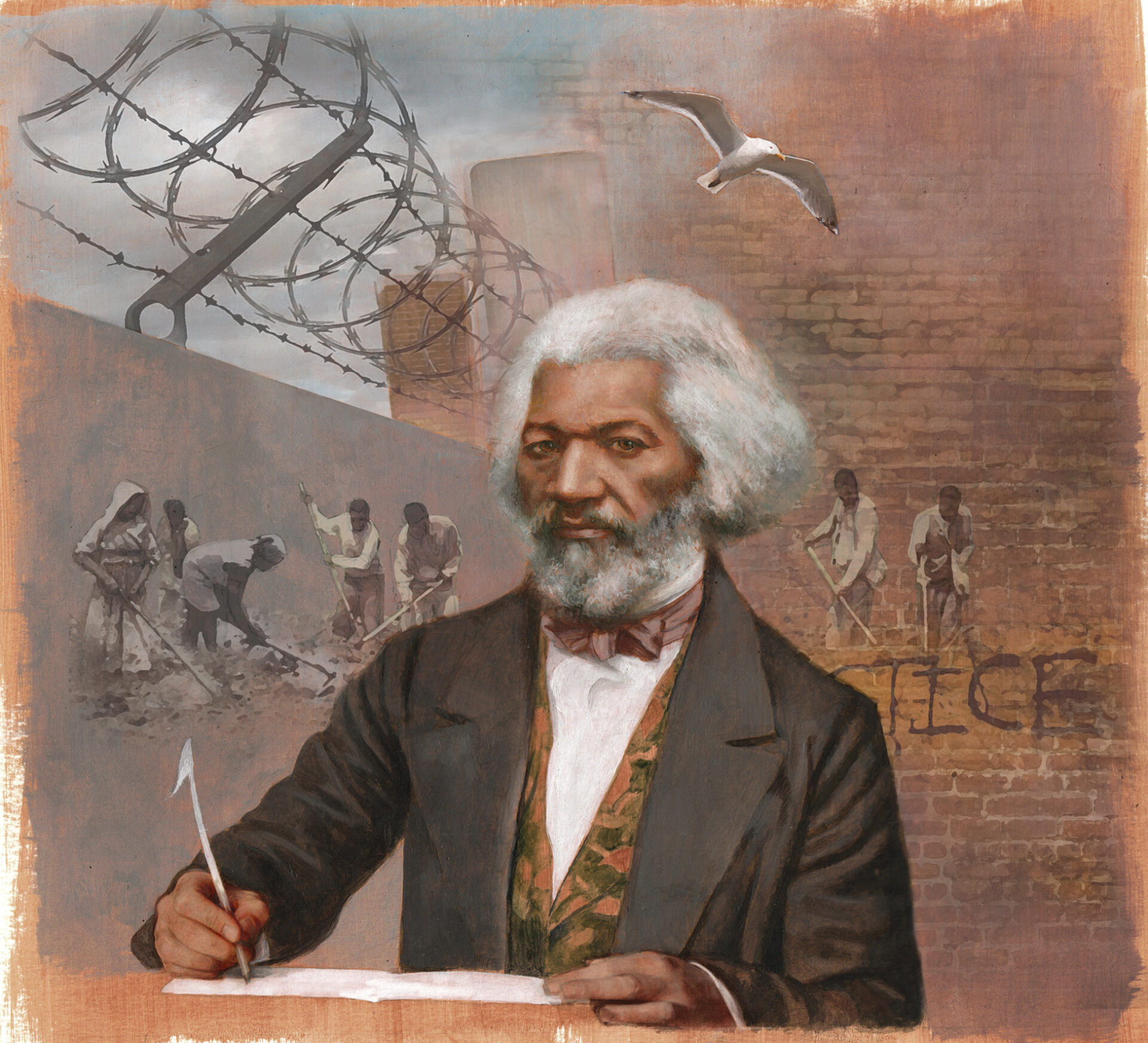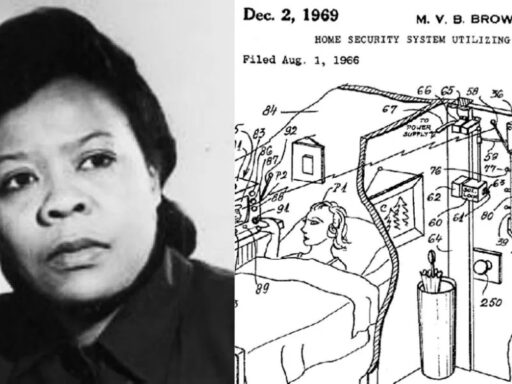Introduction to Frederick Douglass
Frederick Douglass’s had impressive contributions, that extended beyond his powerful speeches. His autobiographies, including “Narrative of the Life of Frederick Douglass, an American Slave,” give a first-hand account of the painful realities of slavery, further fueling the abolitionist cause. Through his eloquent prose, Douglass articulated the aspirations of countless African Americans, advocating for universal human rights and equality.
In addition to his literary achievements, Frederick Douglass actively participated in the political arena. He advised presidents, notably Abraham Lincoln, and held various government positions, including U.S. Marshal and Recorder of Deeds for the Area of Columbia. His tireless efforts were instrumental in the section of the Thirteenth, fourteenth, and Fifteenth Corrections, which planned to cancel subjugation and secure equal privileges for African Americans. Frederick Douglass’ legacy is a demonstration of the force of flexibility and the getting through battle for equity and equality. His labor of love keeps on motivating generations, reminding us of the profound impact one individual can have in the fight for human rights. As we delve deeper into his insights and inspirational quotes, we gain a greater appreciation for his remarkable contributions to American history.
Impactful Frederick Douglass Quotes and Their Meanings
Frederick Douglass, an esteemed orator, and abolitionist, left behind a rich tapestry of words that continue to resonate through time. His statements mirror his immovable battle against abuse and his unflinching belief in the force of education and equality. One of the most famous Frederick Douglass quotes is, “If there is no struggle, there is no progress.” This assertion exemplifies his belief that significant change requires effort and sacrifice. Douglass understood the necessity of perseverance in the face of adversity, a principle that remains relevant to all social justice movements today.
Another profound quote by Douglass is, “It is easier to build strong children than to repair broken men.” Spoken in the context of his advocacy for education, this statement highlights the importance of supporting youthful personalities. Douglass, who taught himself to read and write while enslaved, perceived that education was a powerful device for empowerment and societal transformation. His emphasis on education keeps on moving with current educational changes and youth development programs. Frederick Douglass also famously declared, “Power concedes nothing without a demand. It never did and it never will.” This powerful assertion features the necessity of active resistance and vocal demands for justice. It reflects Douglass’s own life, where his relentless pursuit of freedom and equality helped shape the abolitionist movement and beyond. His words remind us that complacency in the face of injustice is not an option.
The Life and Achievements of Frederick Douglass
Frederick Douglass was born into slavery in February 1818 in Talbot County, Maryland. His early years were marked by hardship and brutality, experiences that would profoundly shape his later advocacy for freedom and equality. Despite the oppressive environment, Douglass’s determination to educate himself was unwavering. He secretly learned to read and write, understanding that literacy was a pathway to liberation.
At the age of 20, Frederick Douglass escaped from slavery, an audacious act that marked the beginning of his journey towards becoming a preeminent public figure. His escape was meticulously planned and executed, culminating in his arrival in New York City, where he adopted the last name ‘Douglass’ to signify his new identity as a liberated individual. This pivotal second was a characterizing achievement, pushing him into a life dedicated to the abolitionist cause. One of Douglass’ most significant achievements was the publication of his autobiography, Narrative of the Life of Frederick Douglass, an American Slave, in 1845. The book gave a searing firsthand account of the atrocities of slavery, garnering widespread acclaim and solidifying his reputation as a powerful voice for the oppressed. The narrative was not only a personal testament but also a compelling argument against the institution of slavery, influencing public opinion and policy.
Frederick Douglass’s contributions extended beyond abolitionism. He was a fervent supporter of women’s suffrage, believing that true equality could not be achieved without gender parity. He famously attended the Seneca Falls Convention in 1848, where he argued passionately for women’s right to vote. His intersectional approach to activism highlighted his broader vision for a just and equitable society.
Don’t forget to read: Alison Botha: Her Harrowing Injuries and Survival Story
Conclusion
In sum, Frederick Douglass’s lasting influence is evident in the continued relevance of his advocacy for equality and justice. His words and actions serve as a beacon of inspiration, reminding us of the power of determined activism in the pursuit of a more equitable society.
Read More interesting Topics With : YOURS
- Roblox Unblocked 66: Unlocking Endless Gaming Possibilities
- CoolMathGames Unblocked: Your Ultimate Destination for Fun and Learning
- Derrick Henry Cowboys: A Name that resonate in NFL
- The Alexee Trevizo Case: Latest Updates, Verdict Insights, and Ongoing Legal Battles in 2024
- Tyson vs Paul: A Clash of Generations in the Boxing Ring





